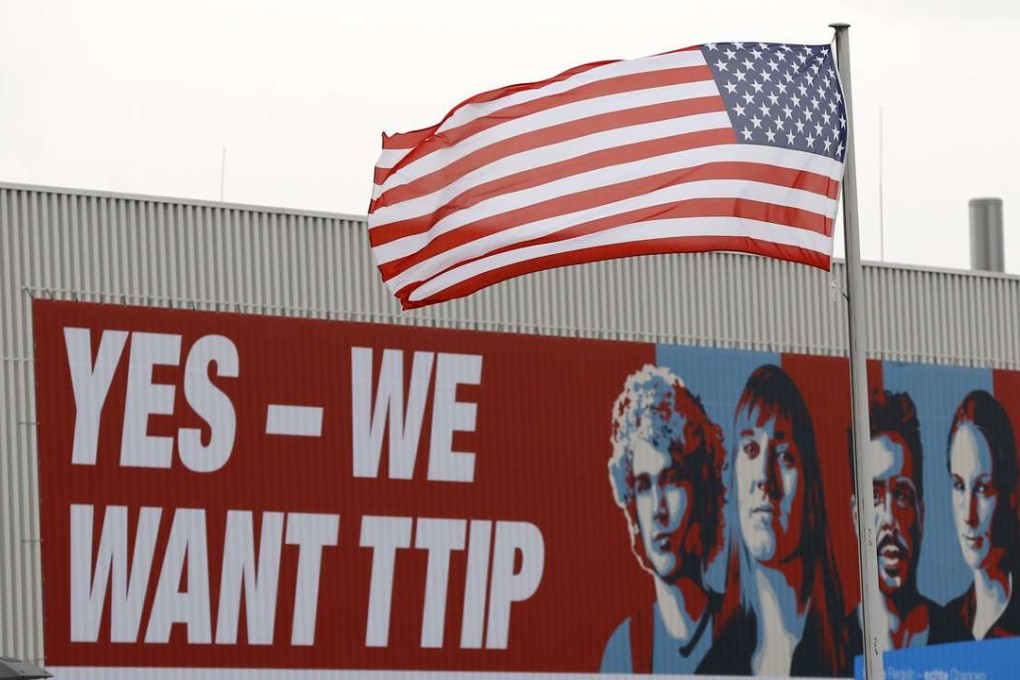Macroscope | Why have governments shied away from defending trade?
Secret negotiations feed increasingly popular anti-trade sentiment

The Transatlantic Trade and Investment Partnership (TTIP) is in the news again, as the thirteenth round of negotiations takes place in New York. Such periodic encounters have been taking place for eight years now.
The TTIP would bind the United States and the European Union in a far-reaching trade and investment agreement, with the deal counting as one of those so-called “mega-regionals” – very large preferential arrangements involving practically all of the world’s mightiest economies.
The TTIP would account for some 40 per cent of global GDP and more than half of all foreign direct investment.
The aggregate benefits from trade are widely spread across the economy, whereas the costs are much more concentrated
Neither of the other two leading mega-regionals – the Trans-Pacific Partnership (TTP) and the Regional Comprehensive Partnership Agreement (RCEP) – are on the books yet either. RCEP has some way to go and the TPP is awaiting ratification. It is questionable whether the TPP will ever get done in the US Congress. One can similarly speculate about TTIP’s chances.
Some 35,000 anti-TTIP protesters took to the streets of Hanover, Germany, over the weekend to mark US President Barack Obama’s visit to the city. Massive protests have also taken place in other European countries and the US in recent times. Significant sticking points remain to be resolved.
Trade has rarely been a vote-catcher. Many governments over the years have preferred to strike deals behind closed doors rather than persuade the public of the advantages of trade. Secrecy has fed increasingly popular anti-trade sentiment.
Why have governments systematically shied away from a forthright defence of trade? Why have they not done more to sell the virtues of trade-driven growth and productivity-boosting specialisation and job creation in activities where economies are relatively more efficient?
Making a convincing case for trade does not lend itself as readily to populist soundbites as complaints about the downside. Moreover, the aggregate benefits from trade are widely spread across the economy, whereas the costs are much more concentrated. That raises the stakes for the adversely affected.

